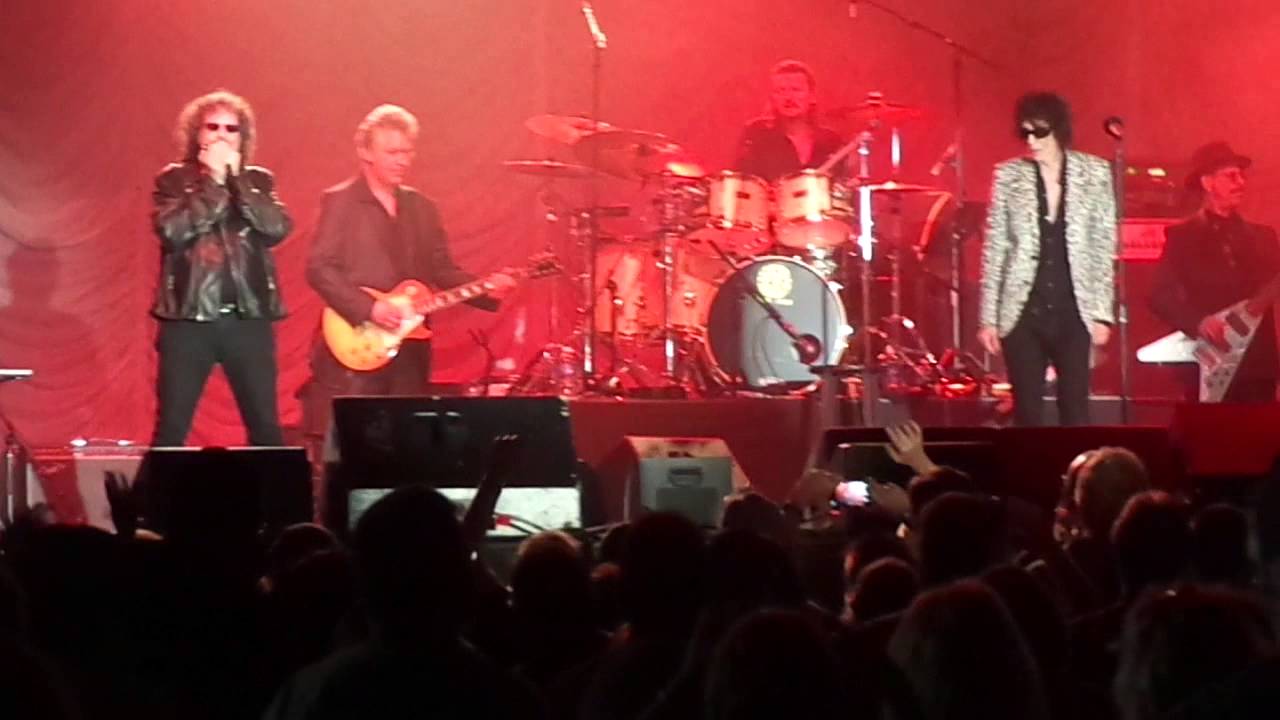

But the vocals don't do much for John Lee Hooker (no surprise) and the two instrumentals hobble the album's build (also no surprise, since great r&b instrumentals are almost as hard to come by as great white blues singers). Side two pops out of the box with covers from Otis Rush and the Contours and then slows down in style with two originals that deserve to get covered back. I find this gritty Jewish r&b band from Boston fun but somewhat retrogressive, which is admittedly the way I once felt about Creedence. You're Gettin' Even While I'm Gettin' Odd B.His father was a vaudeville dancer, then a record retailer his uncle was a theatrical manager whose clients included a gorilla, a wrestler and “the world’s fastest baton twirler.” Wolf lived in the same neighborhood that spawned Dion and the Belmonts, Phil Spector and Bobby Darin he can still remember the raps of classic New York DJs like Alan Freed, Jocko Henderson and the Magnificent Montague, and crowding into the Bronx’ Valentine Theatre to catch Chuck Berry, Little Richard, Frankie Lymon and the Teenagers, and the Chantels. Wolf started developing his breathless jive-talking style as a teenager in the Bronx in the late Fifties. One of the true originals of latter-day rock & roll. “Well how would you feel man, if a fuckin’ dude came over to your house to put aluminum siding on your Samsonite suitcase and fucked it all up? I mean, it’s got to reflect itself in the recording studio.” Wolf shifts into his patented, posthipster patois.

I don’t know what would happen if I took one.”Īsked why the new album has such an angry, aggressive edge to it. That’s why success is important, it gives you some breathin’ room. If we got super big now, we’d be able to do so much more with the show, with the music, with where and how we can record.

“And we’re basically not any different from some young cats gettin’ together right now in a garage, you know? That’s how we started and we’ve never really let up since that fuckin’ day. “There’s a fascination now with a lot of the music that we all grew up with,” says Wolf. Powered by the hard-nosed title tune - a loving evocation of every three-chord junk-rock basher from “Louie Louie” to “Sweet Jane”-and a raw, pounding cover of the Strange-loves’ 1966 classic, “Night Time,” Love Stinks cops the perfect attitude for the nascent Eighties without even trying. Love Stinks, the group’s eleventh album, has made more noise right out of the box than any other Geils LP in years, and ‘Come Back,” the album’s single, is making a quick rise up the chart. Geils Band finds itself right at home in the era of New Wave. We are volunteers.”Īnd so, by maintaining a generally steady commitment to tough, flashy, R&B-tinged rock, the J. We’ve committed ourselves to doin’ what we’re doin’- you know, three chords and unh! We are not prisoners of rock & roll. “I could have put on a three-piece suit and we could’ve gone disco, and maybe have been incredibly successful. “There were a lot of temptations to cash in,” Wolf admits. Whereas the Stones used their blues and R&B roots as a launching pad, Geils has remained stubbornly committed to its original idiom, resisting the commercial blandishments of discomania in the late Seventies as firmly as the band rejected any connection with the ill-starred “Bosstown Sound” of 1967 or the mindless stomp-and-spit boogie bands of the early Seventies.
#The j. geils band start all over full
Ironically, as the wheel of musical fashion comes full circle, it may now be at hand. Ten years after its debut album, which had critics hailing the group as America’s answer to the Rolling Stones, Geils is still waiting for the big payoff. Geils Band has always seemed tipped for the top ranks of a rock stardom that never quite arrived. It’s a source of some irritation, actually, because the J. Name a major band and Geils has probably headlined over it at one point or another during the past decade. They weren’t all Früts: Bob Seger, the Eagles, the Cars, Billy Joel. Wolf is trying to recall some of the more memorable acts that have opened for the J. A band before its time.” “Īnd abandoned before its time,” cracks lead singer Peter Wolf, slouching on a sofa next to Klein, his ever-present black beret tugged so low over his forehead it almost touches the rims of his impenetrable black aviator shades. “Started off in white tuxes and ended up in Fruit-of-the-Loom underwear. “Früt, yeah, there was a group,” Klein chortles, referring to a now-defunct Detroit band (pronounced fruit). Geils Band, who, a week before embarking on their latest tour, are scattered like a handful of loose guitar picks around the office of their homey Boston rehearsal loft. Instantly, a chorus of hoots rises up from the other five members of the J.


 0 kommentar(er)
0 kommentar(er)
